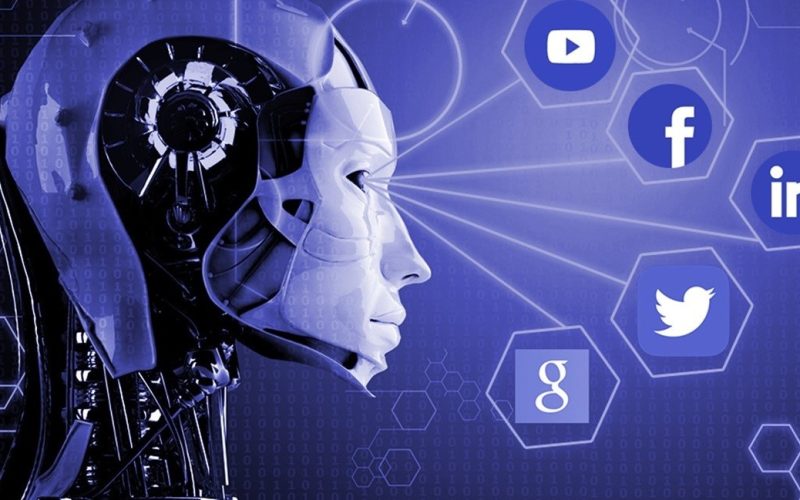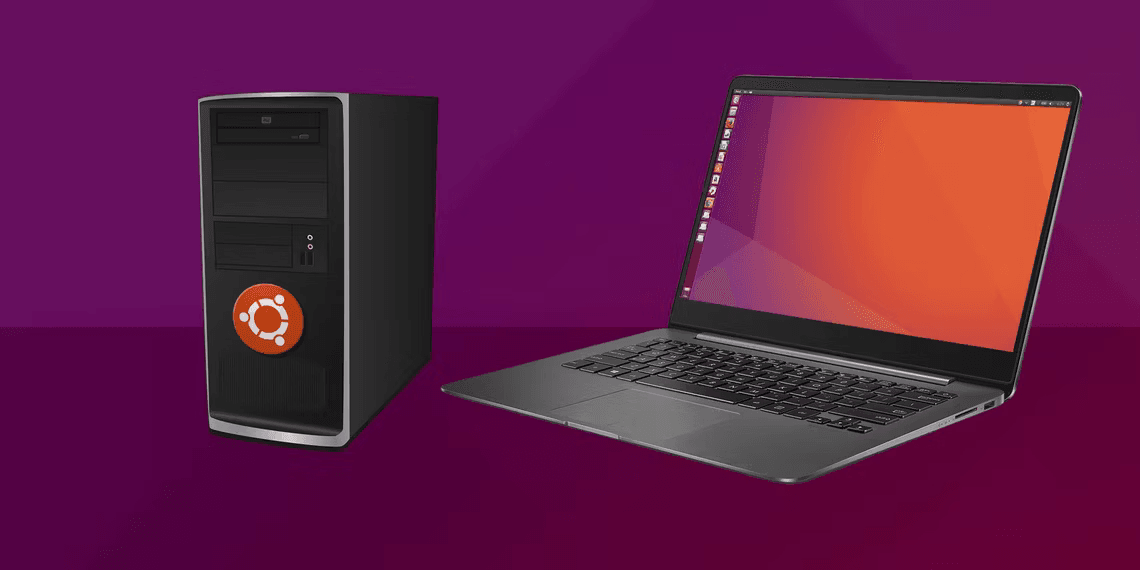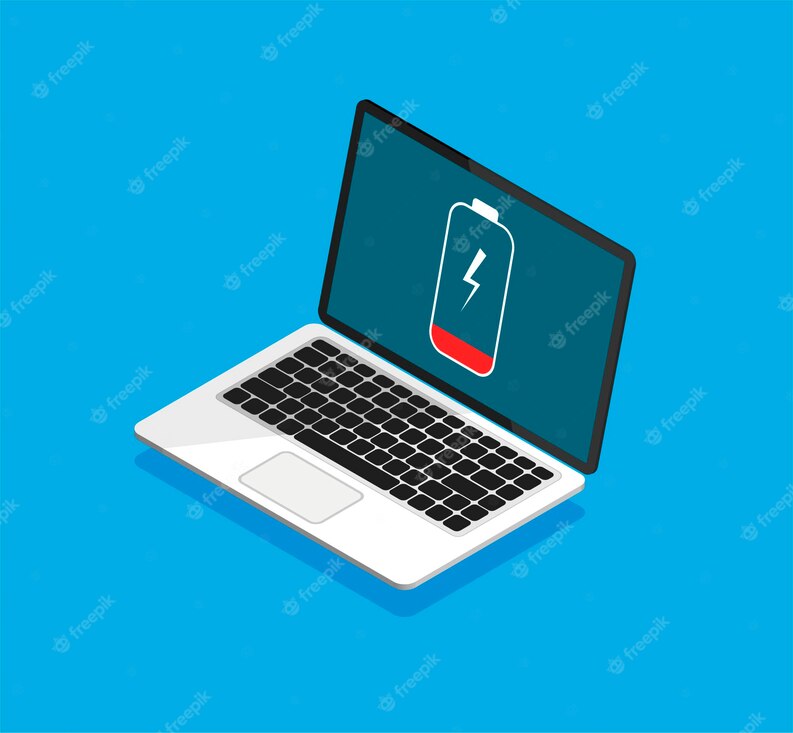The Role of AI in Social Media Optimization
In the rapidly evolving digital landscape, social media has emerged as a fundamental platform for businesses and individuals alike to enhance their visibility, engage with a broader audience, and ultimately drive success. As competition intensifies, the necessity for strategic optimization of social media channels has become paramount. Artificial Intelligence (AI) is playing a crucial role in transforming social media optimization (SMO) by making processes more efficient and results more effective. This article explores how AI technologies are being integrated into social media strategies to maximize performance and outreach.
Enhanced Content Personalization
One of the primary capabilities of AI in social media is its ability to analyze vast amounts of data to personalize content effectively. AI algorithms can sift through user data, including past interactions, preferences, and demographic information, to tailor content that resonates with the audience on a personal level. This not only increases user engagement but also boosts the likelihood of conversions. Tools like Crayon and MarketMuse utilize AI to help social media managers create content that is not only relevant but also timed perfectly to capture the audience’s attention when they are most receptive.
Predictive Analytics
AI-driven predictive analytics are crucial for social media optimization as they allow marketers to anticipate trends, user behaviors, and the potential success of content before it is published. By analyzing historical data and current market dynamics, AI models can forecast the outcomes of different strategies, enabling brands to make informed decisions and adjust their tactics proactively. Platforms such as Sprout Social and Buffer leverage predictive analytics to advise on the best times to post and the types of content that are likely to perform well, enhancing overall engagement rates.
Automated Customer Service
Customer service is a vital element of social media management, impacting brand reputation and customer loyalty. AI has revolutionized this aspect by the implementation of chatbots and virtual assistants. These AI tools can handle a multitude of customer interactions simultaneously, from addressing FAQs to resolving complaints, without human intervention. This not only improves response times but also allows human customer service representatives to focus on more complex queries. Chatbot technologies, such as those developed by MobileMonkey and Drift, integrate seamlessly with social media platforms, providing 24/7 customer service.

Real-Time Sentiment Analysis
Understanding public sentiment towards a brand is crucial for optimizing social media strategies. AI-powered sentiment analysis tools can interpret emotions and opinions from social media comments, posts, and reactions in real-time. This provides brands with immediate feedback on their campaigns and product launches, allowing for quick adjustments to avoid potential crises and capitalize on positive sentiment. Tools like Brandwatch and Sentiment Meter are adept at gauging audience mood and providing insights that are critical for maintaining a positive brand image.
Efficient Ad Targeting
AI enhances social media advertising by optimizing ad targeting through sophisticated algorithms that analyze user behavior, interests, and engagement patterns. This ensures that ads are shown to the most relevant audience, improving the effectiveness of marketing campaigns and reducing wasted expenditure. Facebook’s AI-driven advertising platform is a prime example, enabling advertisers to refine their targeting strategies to reach specific segments of users with precision.
Influencer Collaboration
Identifying and collaborating with the right influencers is a key component of modern social media strategies. AI tools can help brands discover influencers whose followers match their target audience. Additionally, AI can analyze the performance of influencer partnerships, providing insights into engagement rates and ROI. Platforms like Upfluence and AspireIQ utilize AI to streamline influencer discovery and management, making these collaborations more data-driven and results-oriented.
Content Optimization and A/B Testing
AI can automatically optimize content based on real-time performance data. By conducting A/B tests on different versions of content, AI determines which variations achieve the best engagement and conversion rates. This iterative process ensures that only the most effective content is pushed to the forefront, maximizing the impact of social media campaigns. Tools like Hootsuite’s Insights and Adobe’s Experience Manager use AI to refine content and strategy continuously.
Conclusion
The integration of AI into social media optimization offers unprecedented opportunities to enhance efficiency, personalize experiences, and achieve targeted results. As AI technology continues to evolve, its applications in social media will become more sophisticated, providing even deeper insights and more automated functionalities. For businesses looking to stay competitive in the digital arena, embracing AI in their social media strategies is not just an option but a necessity. By leveraging the power of AI, brands can anticipate user needs, craft compelling content, and build stronger connections with their audience, paving the way for sustained success in the digital age.










